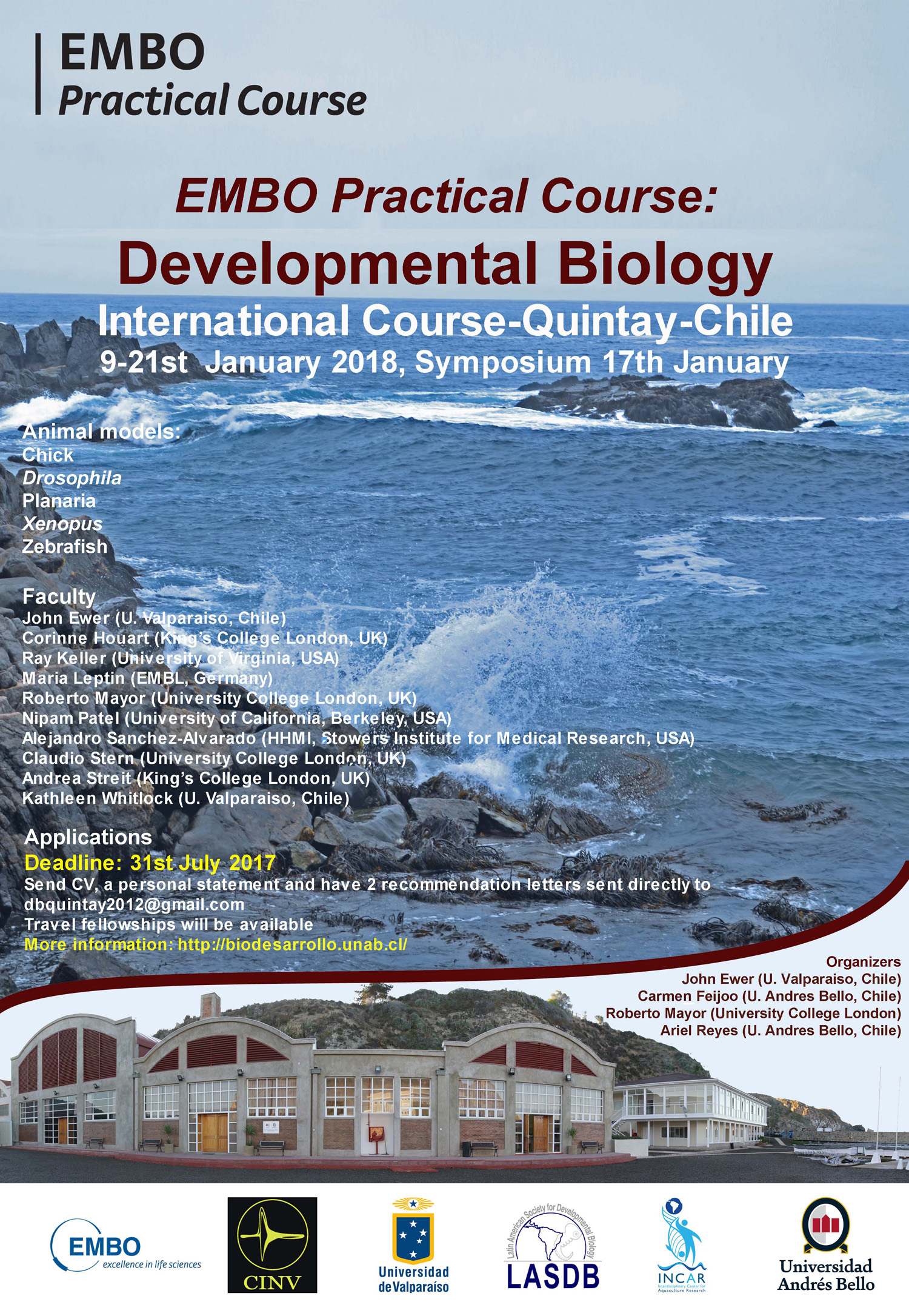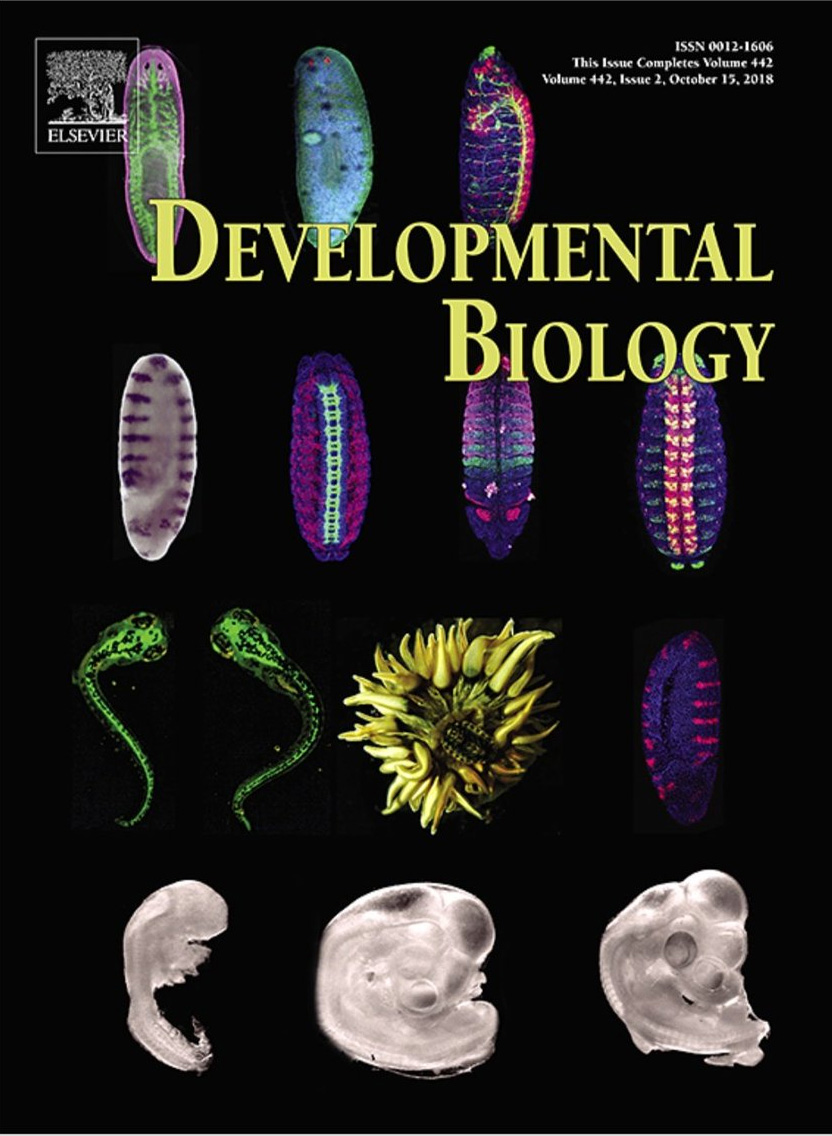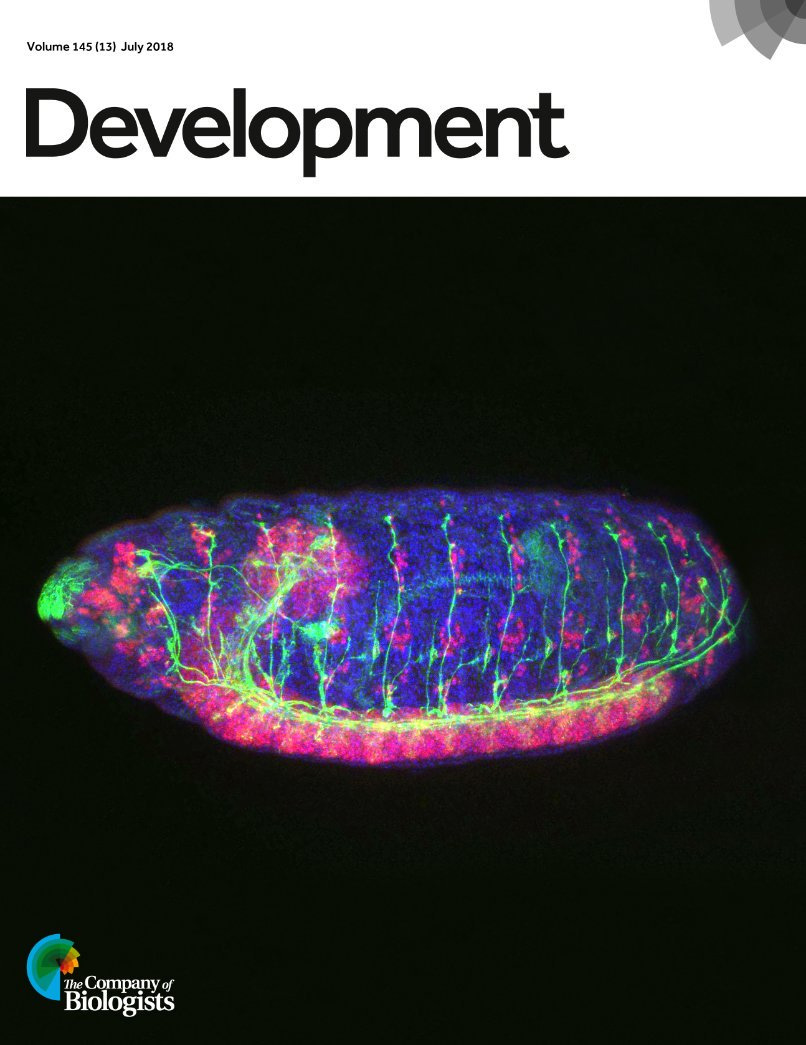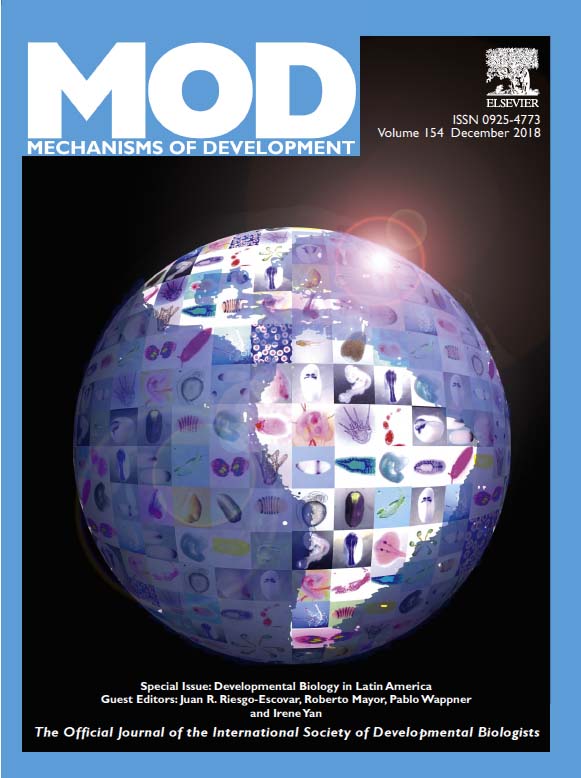Course 2018
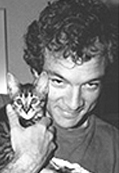 John Ewer, U. Valparaiso, Chile. His laboratory uses molecular and genetic approaches to study the regulation of behavior and physiology by neuropeptides using the fruit fly, Drosophila melanogaster. Insect growth and development occurs through multiple stages. At the end of each stage insects molt to produce a new cuticle for the next stage. During this process, the new cuticle develops beneath the old one, while much of the old cuticle is resorbed. The final, vital, step of this developmental process is ecdysis, the shedding of the remaining old cuticle. This behavior is of biological interest because its smooth execution is critical to the insect’s survival, and failures at ecdysis are rapidly and invariably fatal.
John Ewer, U. Valparaiso, Chile. His laboratory uses molecular and genetic approaches to study the regulation of behavior and physiology by neuropeptides using the fruit fly, Drosophila melanogaster. Insect growth and development occurs through multiple stages. At the end of each stage insects molt to produce a new cuticle for the next stage. During this process, the new cuticle develops beneath the old one, while much of the old cuticle is resorbed. The final, vital, step of this developmental process is ecdysis, the shedding of the remaining old cuticle. This behavior is of biological interest because its smooth execution is critical to the insect’s survival, and failures at ecdysis are rapidly and invariably fatal.
He got his Ph.D. from Brandeis University and worked at Cornell University. He moved to Universidad de Valparaiso, Chile in 2006, to be part of the Centro de Neurociencia de Valparaíso and the Centro Milenio Genómica de la Célula.
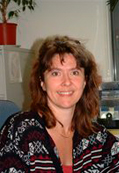 Corinne Houart is Professor of Developmental Neurobiology at Kings’ College London, UK. She is interested in understand the cellular, molecular and morphogenetic mechanisms required to build the vertebrate forebrain. She performs comparative studies using zebrafish and mouse, designed to explore the regulatory changes generating forebrain diversity in vertebrates.
Corinne Houart is Professor of Developmental Neurobiology at Kings’ College London, UK. She is interested in understand the cellular, molecular and morphogenetic mechanisms required to build the vertebrate forebrain. She performs comparative studies using zebrafish and mouse, designed to explore the regulatory changes generating forebrain diversity in vertebrates.
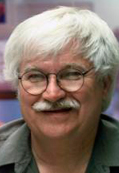 Raymond Keller is Professor of the University of Virginia, USA. He investigates the cellular, molecular and biomechanical basis of early amphibian morphogenesis, and in particular the convergent extension movements that function in gastrulation, neural tube formation, and shaping of the vertebrate body plan. He uses high resolution imaging of cell motility and biomechanical measurements of normal and experimentally manipulated embryonic tissues to address the question of how molecular and cellular events generate the patterned forces and tissue mechanical properties that shape the embryo.
Raymond Keller is Professor of the University of Virginia, USA. He investigates the cellular, molecular and biomechanical basis of early amphibian morphogenesis, and in particular the convergent extension movements that function in gastrulation, neural tube formation, and shaping of the vertebrate body plan. He uses high resolution imaging of cell motility and biomechanical measurements of normal and experimentally manipulated embryonic tissues to address the question of how molecular and cellular events generate the patterned forces and tissue mechanical properties that shape the embryo.
 Maria Leptin is Director of EMBO and has a research group in Heidelberg at the European Molecular Biology Laboratory (EMBL). She studies the development of complex cell shapes in the respiratory system of Drosophila and the role of RNA localisation in generating cell shape. Professor Leptin is an elected member of EMBO and the Academia Europaea. She also serves on the editorial boards of Developmental Cell, Developmental Biology and on advisory boards of several academic institutions.
Maria Leptin is Director of EMBO and has a research group in Heidelberg at the European Molecular Biology Laboratory (EMBL). She studies the development of complex cell shapes in the respiratory system of Drosophila and the role of RNA localisation in generating cell shape. Professor Leptin is an elected member of EMBO and the Academia Europaea. She also serves on the editorial boards of Developmental Cell, Developmental Biology and on advisory boards of several academic institutions.
 Roberto Mayor, University College London, UK. The primary aim of his research group is to elucidate the mechanism that underlies the development of the Neural Crest. He would like to know how Neural Crest cells acquire their identity within the ectoderm and how their migration and differentiation is controlled. He study neural crest development in zebrafish and frog ( Xenopus laevis) embryos as these two animal models offer several complementary advantages.
Roberto Mayor, University College London, UK. The primary aim of his research group is to elucidate the mechanism that underlies the development of the Neural Crest. He would like to know how Neural Crest cells acquire their identity within the ectoderm and how their migration and differentiation is controlled. He study neural crest development in zebrafish and frog ( Xenopus laevis) embryos as these two animal models offer several complementary advantages.
He is a Professor of Developmental and Cellular Neurobiology at University College London. He was named International Scholar of the Howard Hughes Medical Institute. He is a member of the editorial board of Development, Developmental Biology, Mechanisms of Development and Developmental Dynamics and Associate Editor of the International Journal of Developmental Biology and BMP Developmental Biology. He was founder and president of the Latin American Society of Developmental Biology (LASDB)
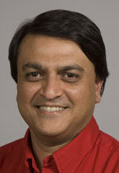 Nipan Patel, is Professor of Integrative Biology and Molecular Cell Biology at the University of California, Berkeley. He received his A.B. degree in biology from Princeton University and his Ph.D. degree in biology from Stanford University.
Nipan Patel, is Professor of Integrative Biology and Molecular Cell Biology at the University of California, Berkeley. He received his A.B. degree in biology from Princeton University and his Ph.D. degree in biology from Stanford University.
Before moving to Berkeley, he was a staff associate in the Department of Embryology at the Carnegie Institution and a professor at the University of Chicago. He was named a fellow of the American Association for the Advancement of Science and he is a Howard Hughes Medical Institute Investigator.
His research program centers on the study of the evolution of development mechanisms with a focus on the genes that regulate segmentation and regionalization of the body plan.
He is particularly interested in understanding how certain steps in patterns formation that require protein diffusion in Drosophila are accomplished in those insects and crustaceans in which cellularization of the growing embryos would seem to preclude formation of gradients by diffusion.
 Alejandro Sánchez-Alvarado, Stower Institute for Medical Research, USA. He has established a powerful new model system to study the molecular mechanics of regeneration, using the freshwater flatworm Schmidtea mediterranea. Sánchez Alvarado’s lab has developed the molecular tools needed to reveal how regeneration works in this flatworm.
Alejandro Sánchez-Alvarado, Stower Institute for Medical Research, USA. He has established a powerful new model system to study the molecular mechanics of regeneration, using the freshwater flatworm Schmidtea mediterranea. Sánchez Alvarado’s lab has developed the molecular tools needed to reveal how regeneration works in this flatworm.
From Venezuela he arrived at Vanderbilt University, where he succeeded as an undergraduate. He has worked at Carnegie Institution of Washington, Dept. of Embryology and at the Stower Institute for Medical Research, USA. He has recently moved to the Stower Institute for Medical Research, where he is currently an Investigator of the Howard Hughes Medical Institute.
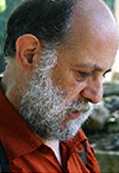 Claudio Stern, University College London, the research in his laboratory focuses on the processes that establish cell diversity and pattern in the early embryo. He is interested in the questions: how do cells in the embryo know what fates to adopt, at the right positions and at the right time? What mechanisms ensure that the correct proportions of cells are allocated to different organs? He received his BSc in Biological Sciences and a PhD in Developmental Biology from the University of Sussex.
Claudio Stern, University College London, the research in his laboratory focuses on the processes that establish cell diversity and pattern in the early embryo. He is interested in the questions: how do cells in the embryo know what fates to adopt, at the right positions and at the right time? What mechanisms ensure that the correct proportions of cells are allocated to different organs? He received his BSc in Biological Sciences and a PhD in Developmental Biology from the University of Sussex.
He worked at University of Oxford for almost 10 years and then he was appointed Chair of the Department of Genetics and Development at Columbia University in New York, returning to the UK in 2001 to become the Head of the Department of Anatomy and Developmental Biology at University College London. He is a member of EMBO and Fellow of the Academy of Medical Sciences and Royal Society. He was awarded the Waddington Medal by the British Society for Developmental Biology.
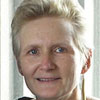 Andrea Streit, is Professor of Developmental Neurobiology at King’s College London, UK. She studied biology at the University of Cologne, Germany. She obtained her PhD in neurobiology from the University of Heidelberg, Germany. As a postdoctoral fellow she worked at the University of Turku and at the University of Oxford. Then she moved to Columbia University, USA, first as a postdoctoral fellow and then as an associate research scientist. In 2000, she joined the Department of Craniofacial Development at King’s College London.
Andrea Streit, is Professor of Developmental Neurobiology at King’s College London, UK. She studied biology at the University of Cologne, Germany. She obtained her PhD in neurobiology from the University of Heidelberg, Germany. As a postdoctoral fellow she worked at the University of Turku and at the University of Oxford. Then she moved to Columbia University, USA, first as a postdoctoral fellow and then as an associate research scientist. In 2000, she joined the Department of Craniofacial Development at King’s College London.
Her research focuses on the molecular mechanisms that control cell fate decisions in the nervous system investigating signalling, gene regulation and function. She has contributed to the discovery of the signals and earliest events that mediate neural induction. More recently, her group concentrates on the transcriptional networks and signals that control how progenitors for the cranial sensory nervous system are specified in vivo and how they differentiation into components of the ear, eye and olfactory epithelium.
 Kathleen Whitlock, U. Valparaiso, Chile. Her work is focused on the development of the olfactory system. Among vertebrate sensory systems the olfactory organ is unique; it gives rise to not only the regenerating class of sensory neurons, the primary olfactory sensory neurons, but is also thought to give rise to a population of neuroendocrine cells that migrate into the central nervous system.
Kathleen Whitlock, U. Valparaiso, Chile. Her work is focused on the development of the olfactory system. Among vertebrate sensory systems the olfactory organ is unique; it gives rise to not only the regenerating class of sensory neurons, the primary olfactory sensory neurons, but is also thought to give rise to a population of neuroendocrine cells that migrate into the central nervous system.
She received her Ph.D. in Zoology from University of Washington USA and was an investigator at Cornell University. She recently moved to the Centro de Neurociencia, Facultad de Ciencias, Universidad de Valparaíso, where she is member of the Millennium center “Centro Milenio Genómica de la Célula”. She has a vast experience in zebrafish development.




